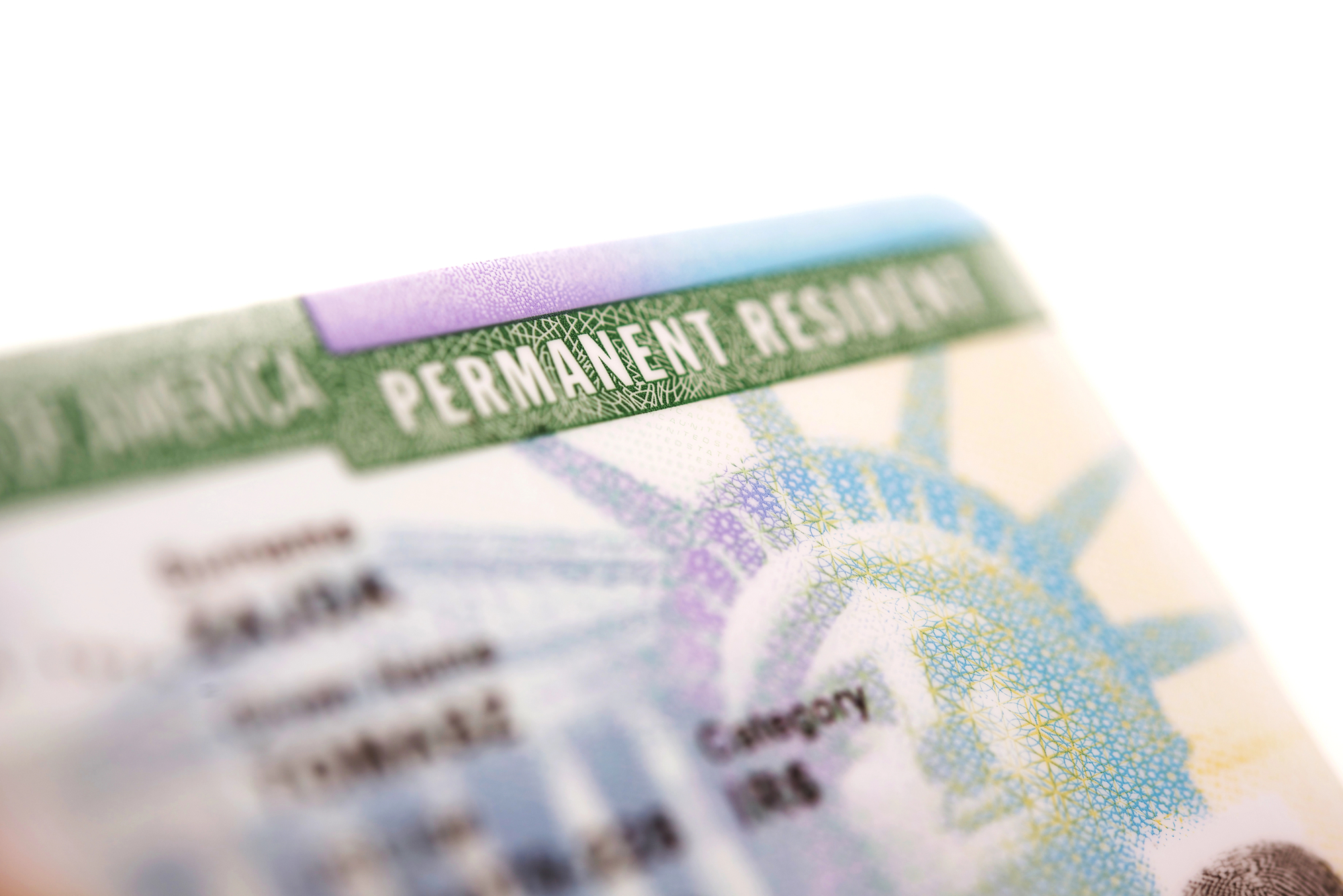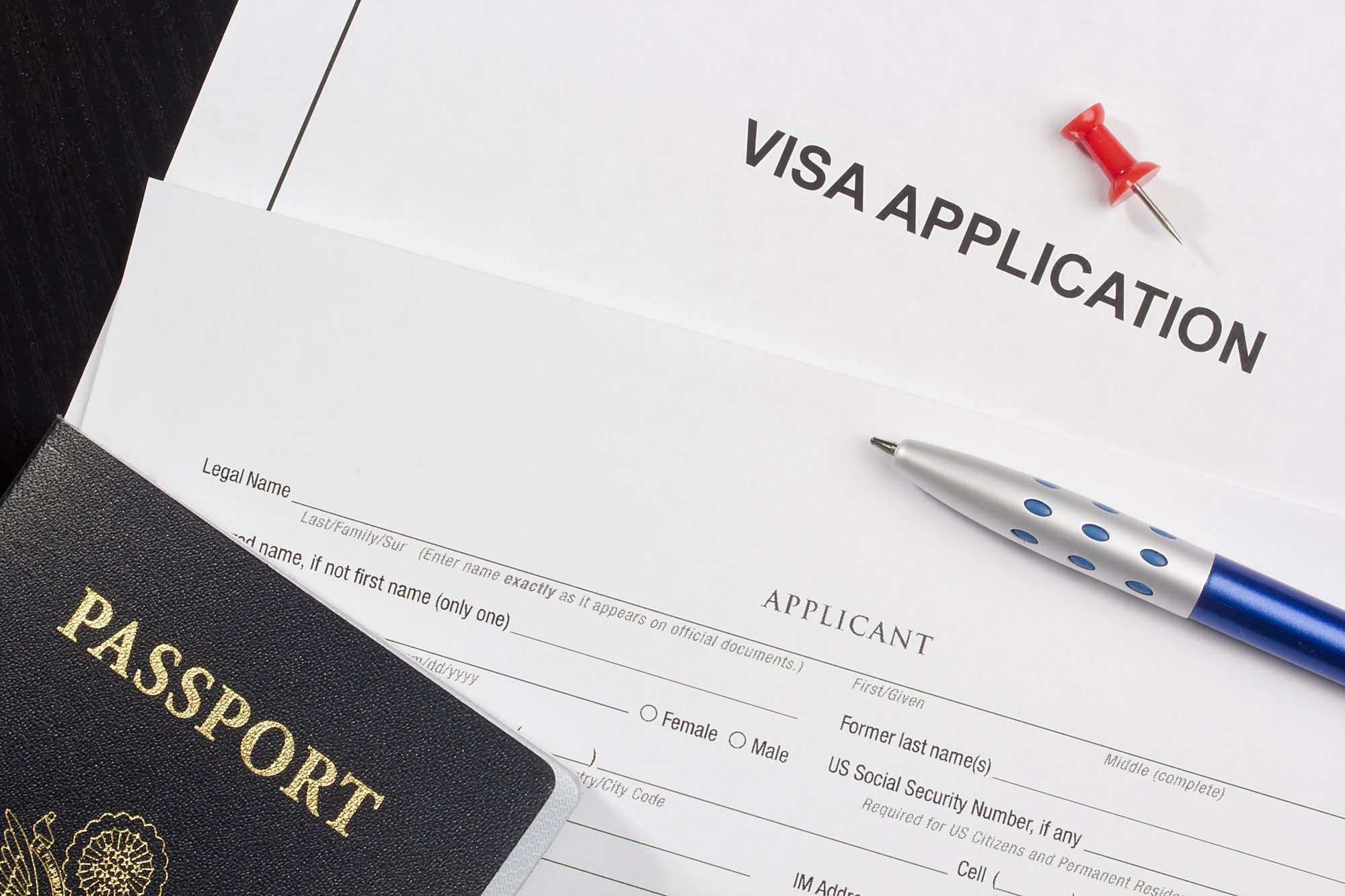If you’re an immigrant facing challenges in your relationship, it’s important to understand what might constitute abuse and how it can affect your immigration status. Abuse isn’t always physical, and recognizing the signs can be difficult, especially if the abusive behavior is subtle or gradual. Below, we’ll discuss five key signs that you might be in an abusive relationship and how this can impact your rights as an immigrant.
1. They Use Your Immigration Status Against You
One of the most common signs of abuse in an immigrant relationship is when your partner threatens to report you to immigration authorities or holds your status over your head. They may say things like, “If you leave me, I’ll make sure you get deported,” or refuse to help with your immigration paperwork. This kind of manipulation is a powerful tool to control you, especially if you’re unsure of your rights or feel dependent on them to remain in the country.
How This Affects Your Status:
If your partner is using your immigration status as a weapon, you may be eligible for special forms of relief, such as a U visa or protection under the Violence Against Women Act (VAWA). These options allow victims of abuse to self-petition for legal status without relying on their abusive partner.
2. They Hit You or Put You in Fear of Being Hit
Physical violence is a clear and immediate sign of abuse. This includes not only hitting but also threatening to hit or making you feel like you’re in imminent danger. Even if the abuse has not escalated to physical harm, the threat of violence is just as serious.
How This Affects Your Status:
If you’ve experienced physical harm, you may be eligible for immigration relief, even if you don’t have legal status in the U.S. If you fear for your safety or the safety of your children, there are legal protections available to help you stay in the U.S. while escaping the abuse.
3. They Belittle or Demean You
Abuse doesn’t always leave bruises. Emotional and verbal abuse, such as being called names, belittled, or told you’re incapable, is another tactic abusers use to maintain control. They might say things like, “You’re too stupid to understand this,” or constantly criticize your cooking, cleaning, or other abilities. Over time, this can erode your self-esteem and make you feel like you’re trapped.
How This Affects Your Status:
Emotional abuse, especially when it’s part of a larger pattern of control, can be recognized as a form of domestic violence under U.S. immigration laws. If this is happening to you, you may qualify for protections such as a U visa or VAWA, which is designed to protect victims of crime, including domestic violence.
4. They Isolate You from Friends and Family
Isolation is a key tactic abusers use to maintain control over their victims. They may want to know who you’re talking to, for how long, and where you’re going. They may demand to join all conversations and become angry if you spend time with friends or family. By cutting you off from your support network, they can increase your dependence on them, making it harder for you to leave.
How This Affects Your Status:
Isolation can make it difficult to recognize that you’re in an abusive relationship, and without a support system, it can feel impossible to leave. However, if your partner is controlling your movements and isolating you from others, this could strengthen your case for immigration relief based on domestic violence.
5. They Force, Coerce, or Pressure You for Sexual Contact
Sexual abuse can also be a sign of an abusive relationship. If your partner tries to force, coerce, or pressure you into sexual contact that you don’t want, this is a form of control and abuse. It may also involve threats or manipulation based on your immigration status, making you feel as though you have no choice.
How This Affects Your Status:
If you’ve been forced or coerced into sexual acts, this could qualify you for immigration relief. Sexual abuse is taken very seriously in the immigration system, and you may be eligible to apply for a U visa or other forms of relief without the help of your abuser.
Abuse Is Usually a Pattern of Behavior
It’s important to note that abuse is often a pattern of behavior rather than a one-time event. While one-off arguments or disagreements don’t always mean abuse, certain behaviors like hitting or threats of violence should never be tolerated, even if they happen just once.
What to Do Next
If any of these signs sound familiar to you, it’s essential to seek help. You don’t have to stay in an abusive relationship because of your immigration status. Consulting an immigration attorney can help you understand your rights and the protections available to you under U.S. law.
At SRR Law Group, we are committed to helping immigrants in abusive situations find safety and legal security. If you’re unsure about your options, contact us today for a confidential consultation. You don’t have to face this alone—help is available.




